Business
Buhari’s economic emergency powers: Fear grips business owners from South
Published
10 years agoon
By
Olu Emmanuel
By ODUNEWU SEGUN
THE proposed Economic Emergency Powers bill President Muhammadu Buhari with the intension to halt Nigeria’s slide to total economic collapse, is already generating apprehension of victimisation by business owners from the southern part of the country. This is not unconnected with the experience most businesses owned by southerners encountered in the bid of the Asset Management Corporation of Nigeria (AMCON) to recover non performing debts.
Although, the Presidency has said no such request has been passed to the Federal Executive Council and the National Assembly, but there have been different opinions on the implication of such powers if it is actually granted.
In the bill entitled Emergency Economic Stabilisation Bill 2016”, the economic team will be asking for the president to be given sweeping powers to, among other things, set aside some extant laws and use executive orders to roll out an economic recovery package within the next one year.
The decision to seek emergency powers for the president was based on a proposal from the Economic team headed by Vice President Yemi Osinbajo with the aim of giving the president sweeping powers to implement fiscal policies to help stop the recession.
Some senators described the bill as being dead on arrival. They said some of the provisions in the bill were unnecessary and it has nothing more than a subtle way of avoiding counterpart funding by the present administration.
If the bill is passed, they argued, the president will gradually transform himself into a dictator. The fears of the legislators is that even without the so called emergency powers at his disposal, the president has continued to trample on the powers of the legislators.
An Igbo socio-political group, Igboekuile and a civil society organisation based in Anambra , International Society for Civil Liberties & the Rule of Law, Intersociety described the plan as unnecessary, saying that the president has enough executive powers under the constitution to move the economy forward.
ALSO SEE: Buharinomics: Inflation reaches 11 year high
Intersociety, in a recent statement signed by its Chairman Emeka Umeagbalasi, said: “Buhari’s administration has since September 2015 castrated the 1999 Constitution and illegally arrogated sweeping extra-constitutional powers to itself in the governance of the country; upon which it now seeks for legislative legitimization through retroactive legislation or legislative cementation by way of executive sponsored bill.”
Similarly, the president of the Igbo socio-political group, Igboekuile, applauded the success so far recorded in the determined fight against corruption and Boko Haram, saying that government did not achieve that with emergency powers and as such does not need any to revamp the nation’s ailing economy.
Meanwhile, some senators are not favourably disposed to passing the bill because of fears that Buhari was seeking to transform himself into a tyrant and would foist a dictatorship on the nation.
Also, CEOs of blue-chip companies have much to fear if such sweeping powers is given to the president, considering his antecedents while he was the military Head of State between 1983 and 1985.
“His autocratic tendencies are not in doubt, even as an elected President thirty something years later, the President has not hidden his disdain for democratic bureaucracy, hence the need for the emergency powers.”
According to the National Daily investigations, businesses owned by Southerners have suffered in the last fifteen years, even when there kith and kin was at the helms of affairs of the country.
For instance, while the current Emir of Kano, Mohammed Lamido II was the Central Bank Governor in 2009, five bank CEOs, all of them from the Southern part of the country were sacked. They were: Erastus Akingbola of Intercontinental Bank; Bartholomew Ebong of Union Bank; Sebastian Adigwe of Afribank; Cecelia Ibru of Oceanic Bank and Okey Nwosu of FinBank.
They were accused of accumulating margin loans of N500 billion among other loans, that had gone bad and eroded their shareholders funds. But some saw it as a northern agenda to take over these businesses, not even the appointment of southerners to replace the sacked CEOs doused this sentiments.
ALSO SEE: Buhari won’t take BBOG’s excesses, says BMS
While some hailed him for taking such a decision, but today, the positive impact of his banking reformation on the nation’s economy remains debatable.
The aggressive loan recovery drive of the Asset Management Corporation of Nigeria (AMCON) in recent times has been interpreted with sentiments by some Southern executives, especially the take-over of debtor companies.
According to the Managing Director and Chief Executive Officer of AMCON, Ahmed Kuru, the Corporation has the powers, through the enabling Act to trace any asset or assets belonging to debtors and seize them through the courts, even though such assets were originally tendered in the loan agreement.
Business owners in the south, who opposed the sweeping powers being proposed for President Buhari, argued that the sweeping powers given to AMCON when it was formed in 2010 has enabled it to take-over businesses or assets of debtors without consideration for other people’s concern.
And most of the owners of businesses taken over by AMCON were owned by investors from the southern part of the Country.
For instance, AMCON sealed the Silverbird Galleria belonging to Senator Ben Murray Bruce over N12 billion owed the Union Bank. But the Galleria also houses other business interest such as Shoprite, United Bank for Africa, Standard Chartered Bank, Mango boutique, and Etisalat office among others.
It also took over Afrijet Airlines Limited belonging to Vitalis Ibe over a debt of almost N10 billion. Others include that of Jimoh Ibrahim, Wale Babalakin, Femi Otedola, Joseph Okoro, Patrick Ifeanyi and several others from the Southern Part of the country.
In fact business owners from the south dominated the list containing the top 100 Nigerians indebted it, individuals and corporate organisations took well over 70 per cent of the numbers.
The sentiment among top executives is that if the president is given such sweeping powers to operate the economy, businesses which are most owned by investors from the south may suffer most.
So they are working behind the scene, pushing some members of the National Assembly to kill such a bill, saying that it would usurp powers of the legislators.
You may like
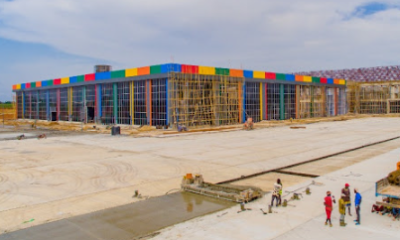

Flight operations at Ebonyi’s Chuba Okadigbo Airport set to begin in November
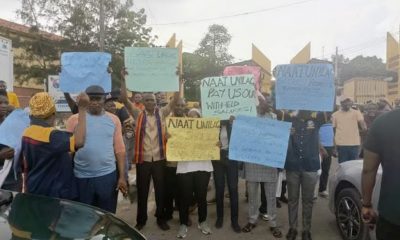

SSANU, NASU members block UNILAG gate over withheld salaries
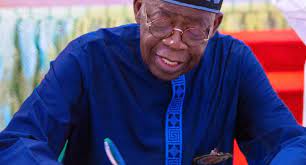

Tinubu appoints new management team for AMCON
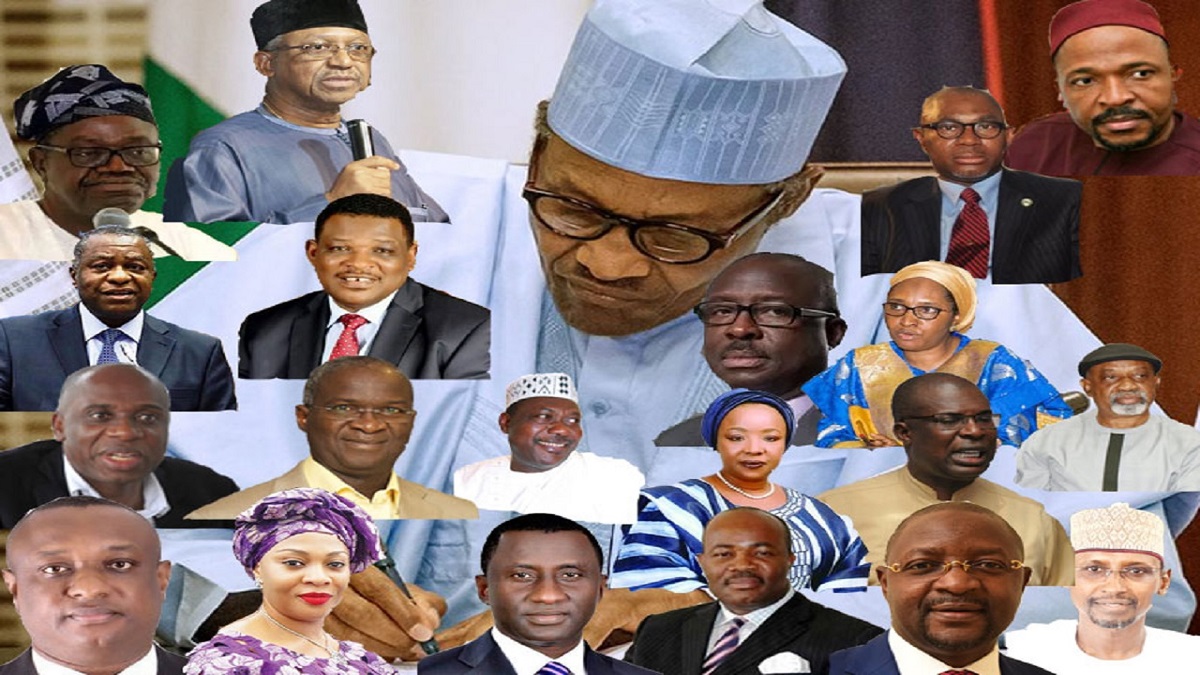

The costly impotence of Buhari’s presidency


N784.3m Debt: Court unfreezes account belonging to Benue Govt
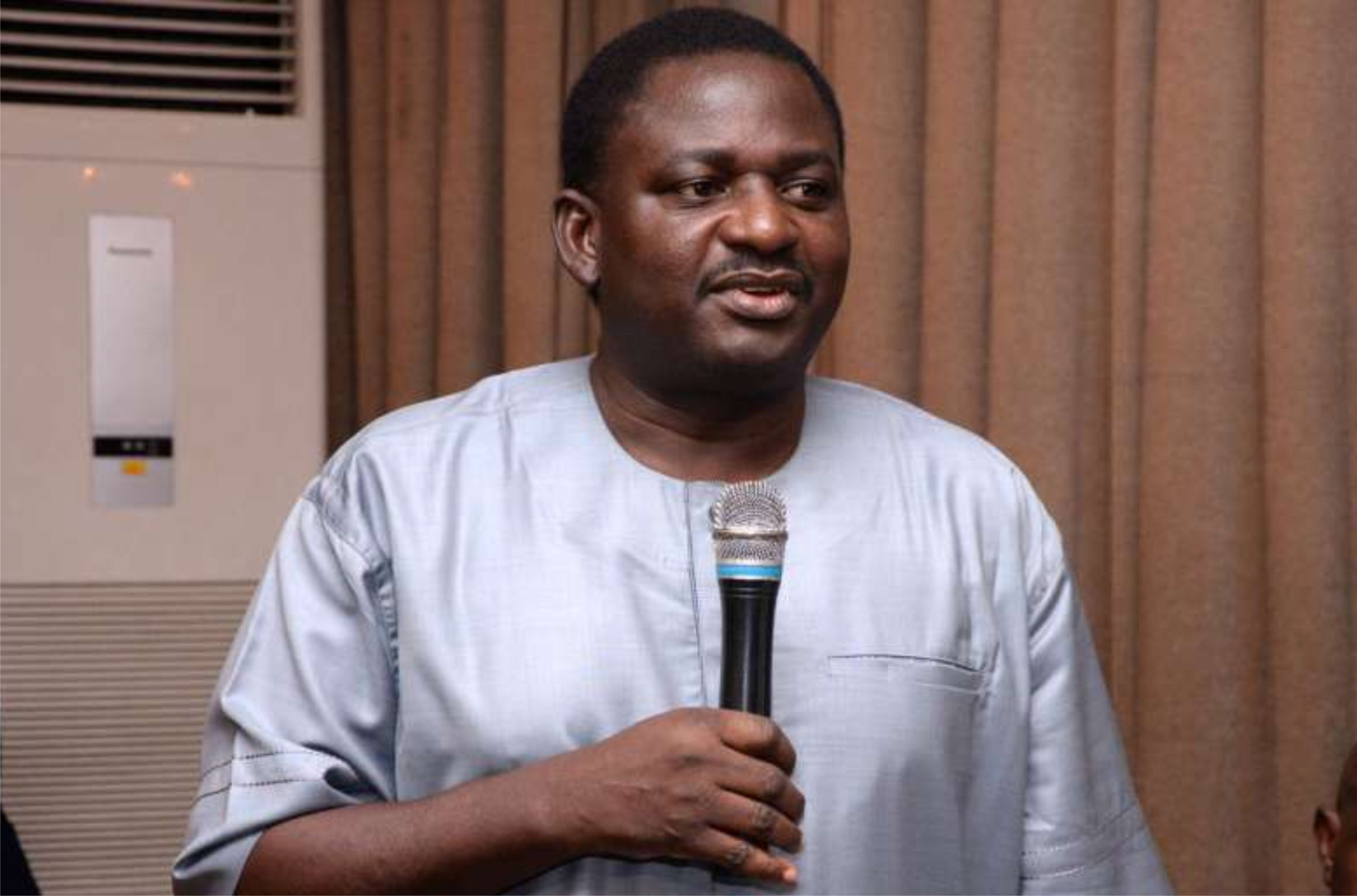

FG did not suspend removal of fuel subsidy because of 2023 elections – Femi Adesina
Trending

 Health5 days ago
Health5 days agoDeclassified CIA memo explored concealing mind-control drugs in vaccines

 Entertainment7 days ago
Entertainment7 days agoSimi addresses resurfaced 2012 tweets amid online backlash

 Crime6 days ago
Crime6 days agoSenior police officers faces retirement after Disu’s appointment as acting IGP

 Education1 week ago
Education1 week agoPeter Obi urges JAMB to address registration challenges ahead of exams

 Health1 week ago
Health1 week agoNAFDAC issues alert on suspected revalidated SMA Gold infant formula

 Comments and Issues6 days ago
Comments and Issues6 days ago20 Critical Fixes to Save Nigeria’s Democracy from Electoral Fraud

 Football7 days ago
Football7 days agoMartínez ruled out of Everton clash with calf injury

 Latest6 days ago
Latest6 days agoICPC yet to respond to El-Rufai’s bail request as arraignment date looms

